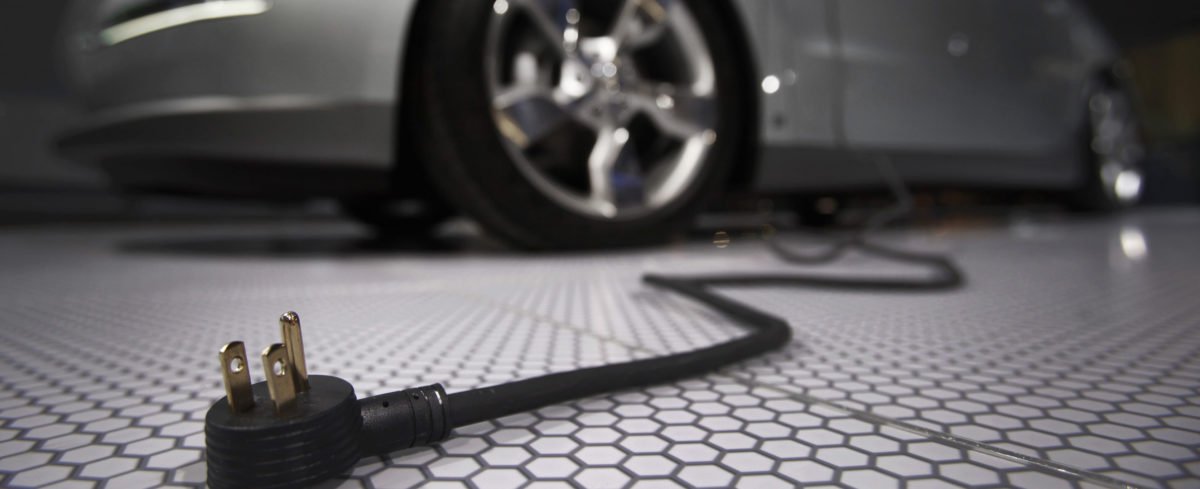
Another day, another blow to transportation freedom
By CFACT Ed
I dare someone to poll the owners of America’s 290 million automobiles, vans, SUVs, light trucks, and other medium- and heavy-duty vehicles.
Q: How eager are you for the U.S. government to force you to stop driving your existing vehicle and either rely on public transportation, walk, or purchase (or lease) a plug-in electric vehicle (and, for those with garages, personal charging station) within the next eight years?
A: __ Very eager __ Willing but not eager __ I cannot afford a new EV __ Are you out of your effing mind?
And yet, that is exactly what the Biden government – with near-complete cooperation from U.S. and foreign automakers – intends to force upon us all.
Don’t believe me? California cities and others are already banning new gasoline pumps. Washington just authorized massive new subsidies to help the rich into the nonexistent inventory of new EVs. And governments are rapidly enacting mileage fees to replace gasoline taxes as a funding source for highway maintenance (there will likely be very little new highway construction).
Notice I left out as a possible answer the concept of buying a USED EV (though doubtless Carvana, Hertz, and other rental companies are eager to dump their inefficient older models to ensure that someone else will have to deal with battery replacement and other problems just now coming to full light).
One reason comes from the anecdotal story of the Florida family who bought a used Ford Focus EV only to find that (a) a replacement battery would cost more than the $11,000 they paid for the car and (b) batteries were no longer available for the discontinued model.
To be sure, not every existing EV battery will fail before the vehicle is junked, wrecked, or parked due to the exponential growth in the cost and potentially limited availability of electricity.
Owners of confiscated vehicles (banning gasoline sales equates to confiscation) will not be happy to learn that the subsidies used to lure even a tiny segment of wealthier car buyers into these Chinese-powered machines are going to disappear.
These mileage taxes are not merely revenue generators; in fact, it is doubtful that such taxes could come close to replacing the combined $86 billion in fuel tax revenues that the federal and state governments collected in 2020.
The newer mileage tax proposals add tracking every mile driven (not just total miles) that quickly reveal to governments whom you visit, where you worship and make purchases, and how fast you are driving. [If you think red-light cameras are invasive, imagine GPS-driven speeding tickets.]
Evidence that this is the true goal comes from the bipartisan Infrastructure Investment and Jobs Act, which authorized the Transportation Department to launch new programs to test ways to collect fees.
The list includes accessing location data from third-party on-vehicle diagnostic devices, smart phone applications, telemetric data collected by compliant automakers, motor vehicle data obtained from auto insurance companies, data obtained from fueling stations, and “any other method that the Secretary considers appropriate.”
If you think you can avoid this micro-scrutiny, remember that the Congress just authorized an additional 80,000 IRS agents, purchased 5 million rounds of ammo for a shocking number of weapons (for bean counters?), and gave the Treasury Secretary an IRS budget of $80 billion for fiscal 2023.
Of course, this government will underwrite enforcement of draconian mileage fee and other EV-forcing measures – including eventual vehicle confiscation and the melting down of even classic cars.
It matters little that EVs have unresolved performance and endurance issues, that the raw materials for batteries and electronic components for these vehicles are in short, uncertain supply (and increasing cost), or that slave labor is employed to extract and produce these components.
Despite all the talk of “sustainability” and “fighting climate change,” the EV revolution is not sustainable.
From cfact.org